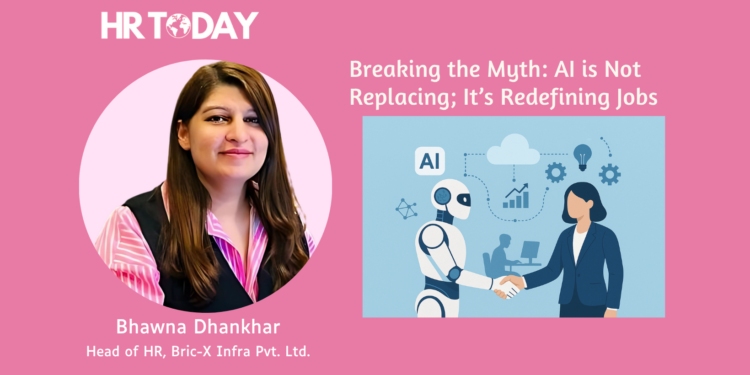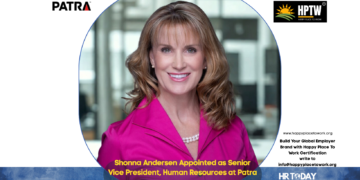There is no doubt that AI is changing the landscape of business, but the threat that it is going to replace human jobs is not only overblown but misdirected. We are not seeing a workforce on the verge of being displaced; instead, we are seeing a labor force that is being repositioned to be more valuable. In organizations that are projecting into the future, AI does not represent a threat to jobs—it represents a chance to evolve.
Instead of replacing jobs, AI is simplifying processes, improving decision-making, and allowing humans to excel at higher-value work. Within this new world order, human potential is not being replaced—it’s being redefined. With today’s modern world of business, AI is utilized to take up monotonous, redundant work—data entry, report production, customer support queries, and lower-end recruitment processes, among others. It makes way for the workers to put behind merely executionary jobs and become engaged with higher strategic, analytical, and innovative jobs. Not one of replacement; one of progress.
“Human potential is not being replaced—it’s being redefined.”
Empowering People Operations with AI
AI-powered applications now assist with resume screening, employee sentiment analysis, and forecasting for attrition and performance trends. These functions significantly enhance decision-making speed and quality. But they don’t replace the people’s sides of HR, such as empathy, negotiation, mentorship, and culture building. Instead, they allow HR professionals to focus on opportunities where human judgment can’t be replaced.
AI also makes talent acquisition more efficient by identifying unconscious bias in job ads and enabling more diverse hiring. With back-office functions reduced, HR leaders are becoming more strategic business planners, workforce transformers, and organizational designers.
In various departments—marketing and finance, customer experience, and supply chain—AI is not replacing but serving as a smart assistant. Financial analysts use AI for real-time processing of data and fraud detection, but the task of human analysis of trends and advising stakeholders remains supreme. Marketers use AI analytics to derive actionable insights, but continue to hold brand storytelling and creative strategy. These modifications point to a significant fact: AI rearranges priorities from task-based jobs to value-based functions. The jobs themselves are evolving, not vanishing.
“The future of work is not man or machine—it’s man and machine.”
Building Future-Ready Skills for an AI-Driven World
One of the most important implications of AI’s rise is the need for upskilling and reskilling. Organizations are now investing in training programs that focus on digital fluency, critical thinking, emotional intelligence, and cross-functional agility. These are not “nice-to-haves”—they are becoming core competencies in an AI-augmented workplace.
New occupations are also emerging: AI ethics advisors, human-AI interaction designers, data curators, and automation experts, to mention just a few. These occupations combine technical and human skills, marking the beginning of collaborative intelligence rather than human-machine rivalry.
Future’s work will be neither man nor machine—neither or—in a game of man against machine, but rather man and machine. Ultimate success will fall into the hands of organizations that are cultivating an adjustable culture, in continuous learning, and realize AI as an assistant for progression. For business leaders and professionals, the goal should not be resisting change but guiding it so that the adoption of AI leads to equitable growth, empowered employees, and a reengineered—but not diminished—workforce.
Read Also : HR Is Not a Support Function—It’s the CEO’s Most Powerful Growth Engine
The Fine Balance: Navigating Work, Life, and Mental Wellbeing
From Gatekeeping to Gateway Building: Transforming How Organisations Create Access
Leadership In Talent Management: A Powerful Driver for Economic Growth













